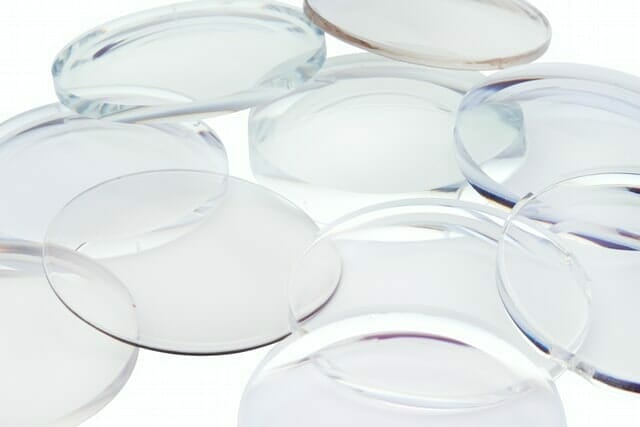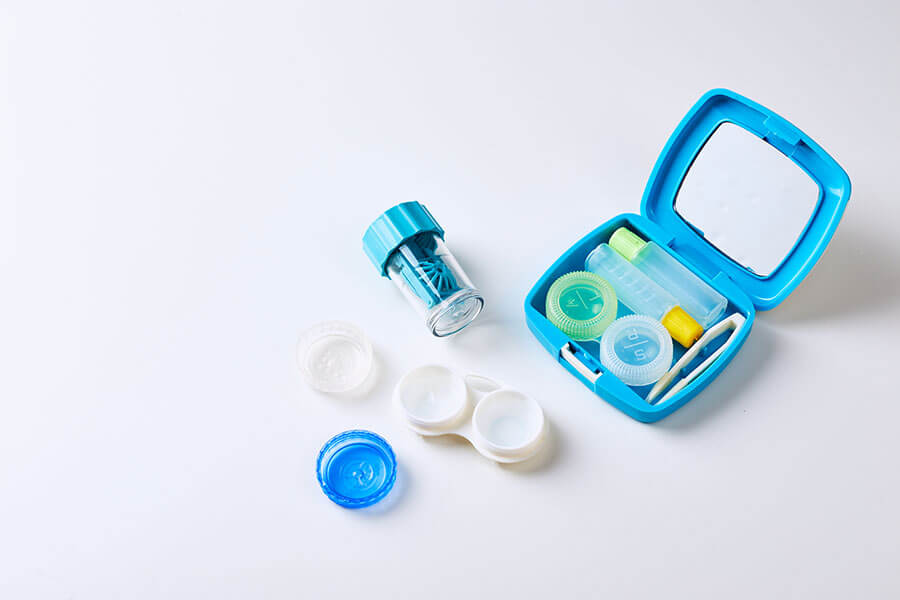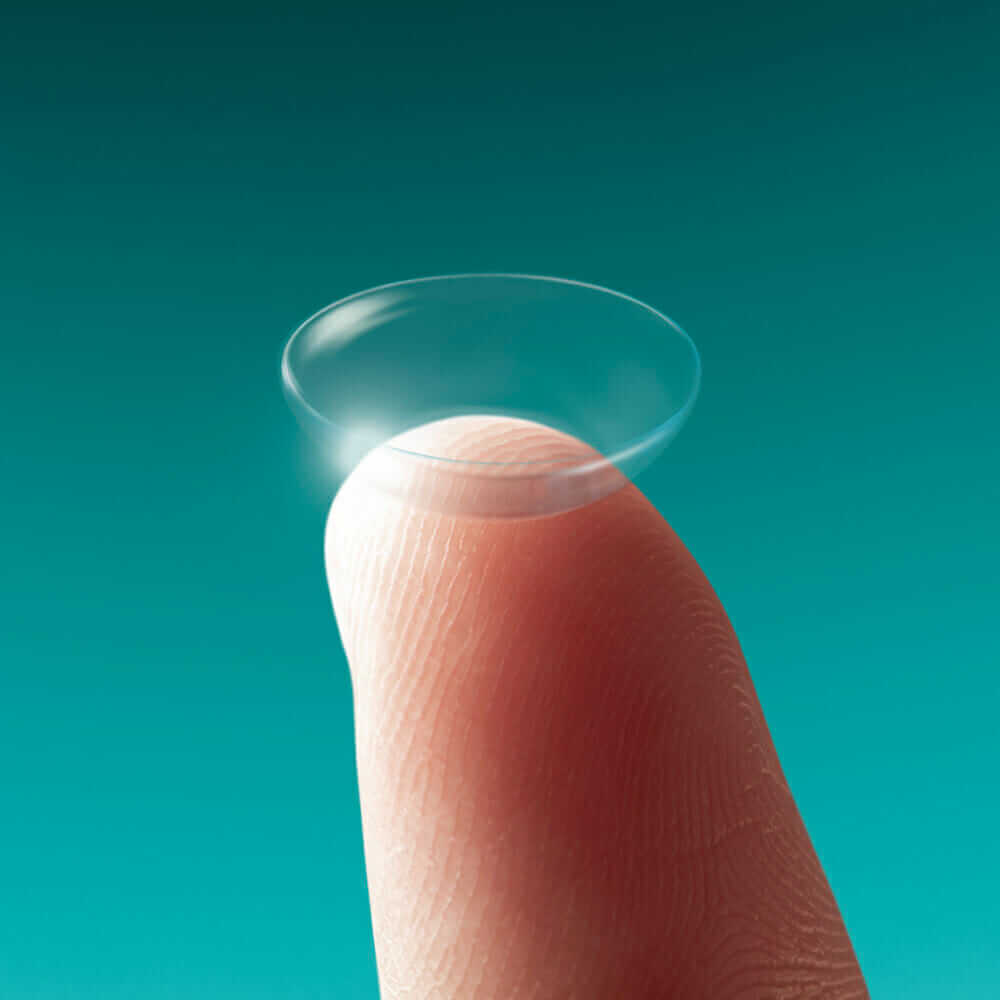What are contact lenses?
Contact lenses are small, thin discs made of plastic, silicone, or other materials that are worn directly on the eye to correct vision or for cosmetic or therapeutic purposes. They are a popular alternative to eyeglasses, as they do not obstruct the wearer's field of vision and can be more convenient and comfortable for certain activities.
There are two main types of contact lenses: soft lenses and hard or rigid gas-permeable (RGP) lenses. Soft lenses are made of a flexible, water-containing material that conforms to the shape of the eye and are usually more comfortable to wear than RGP lenses. They are available in a variety of prescriptions, including those for nearsightedness, farsightedness, and astigmatism, and can also be worn for cosmetic purposes to change the color of the eye.
RGP lenses are made of a hard, gas-permeable material that allows oxygen to pass through to the eye. They are more durable and provide better vision correction than soft lenses, but may take longer to adjust to and may be less comfortable for some people.
If you are looking for a contact lens exam or having difficulties finding a contact lens that provides both great vision and comfort, you can reach out to your nearest Amplify EyeCare practice either via a call or in-person visit. Our team of eye care professionals is ready and equipped to provide you with the care you need.
Below are some resources to help you start the process of determining if contact lenses are right for you and your unique eye care needs.














